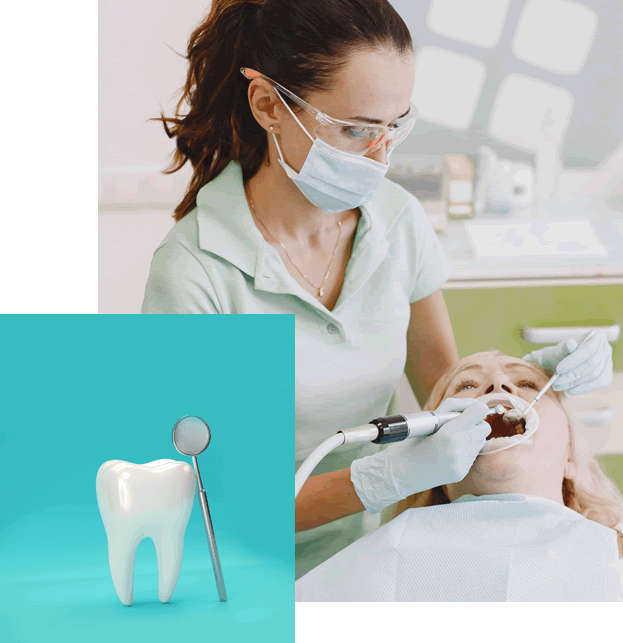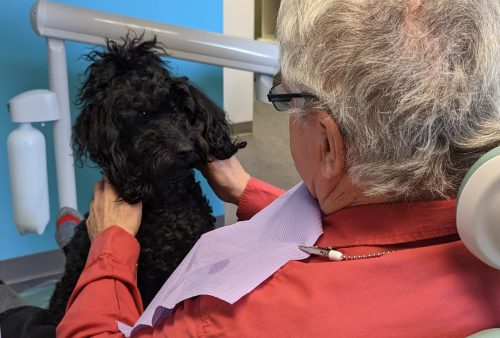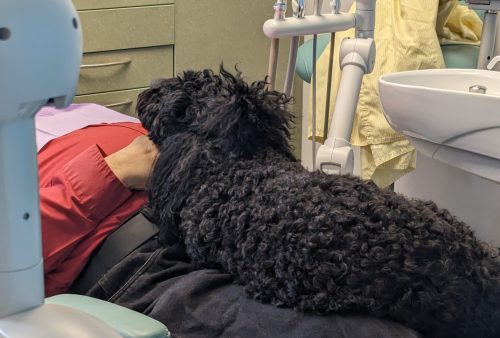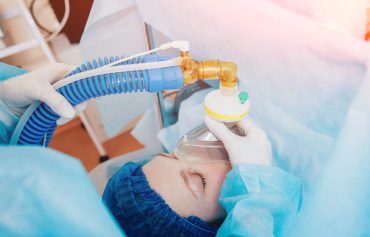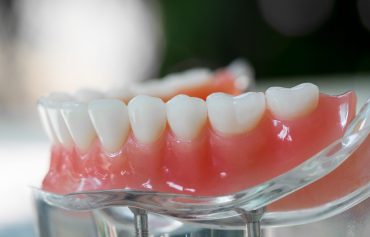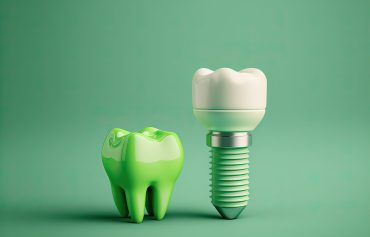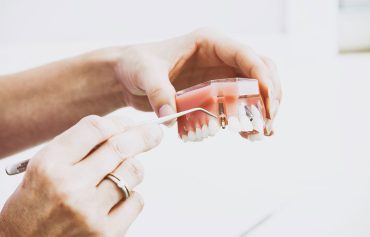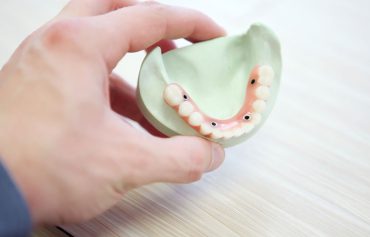Dental Hygienist
Dental Hygienist
A dental hygienist is a licensed dental professional, registered with a dental association, or regulatory body within their country of practice.
They are a primary healthcare professional who works independently or alongside dentists and other dental professionals to provide full oral health care. They have the training and education that focus and specialize in the prevention and treatment of oral disease. In the dental office, the dentist and the dental hygienist work together to meet the oral health needs of patients. Some of the services provided by dental hygienists may include:
- patient screening procedures; such as assessment of oral health conditions, review of the health history, oral cancer screening, head and neck inspection, dental charting and taking blood pressure and pulse
- taking and developing dental radiographs (x-rays)
- removing calculus and plaque (hard and soft deposits) from all surfaces of the teeth
- applying preventive materials to the teeth (e.g., sealants and fluorides)
- teaching patients appropriate oral hygiene strategies to maintain oral health;
(e.g., tooth brushing, flossing and nutritional counselling) - counselling patients about good nutrition and its impact on oral health
- making impressions of patients’ teeth for study casts (models of teeth used by dentists to evaluate patient treatment needs)
- performing documentation and office management activities
Dental hygienists have a specific scope of clinical procedures they provide to their patients.
They assess a patient’s condition in order to offer patient-specific preventative and educational services to promote and maintain good oral health. The use of therapeutic methods assists their patients in controlling oral disease, while providing tailored treatment plans that emphasize the importance of behavioural changes. In most jurisdictions, hygienists work for a dentist or dental specialist, and some are licensed to administer local anaesthesia and perform dental radiography.
The major role of a dental hygienist is to perform periodontal therapy which includes things such periodontal charting, periodontal debridement (scaling and root planning), prophylaxis (preventing disease) for patients with periodontal disease. In addition dental hygienists are able to perform examinations, make diagnosis, take intraoral radiographs, dental sealants, administer fluoride, and provide patient specific oral hygiene instruction. They are also able to work at an orthodontic clinic and can perform many tasks there. Such as selecting and sizing of orthodontic bands for dental braces, the removal of orthodontic appliances and are able to make dental impressions for the construction of study casts and mouthguards.
Dental hygienists aim to work inter-professionally to provide holistic oral health care in the best interest of their patient. Dental hygienists also offer expertise in their field and can provide a dental hygiene diagnosis, which is an integral component of the comprehensive dental diagnosis. Dental hygienists in Canada must have completed a diploma program, this can be 19 months to 3 years. All dental hygiene students must pass a NDHCB examination after graduation.
